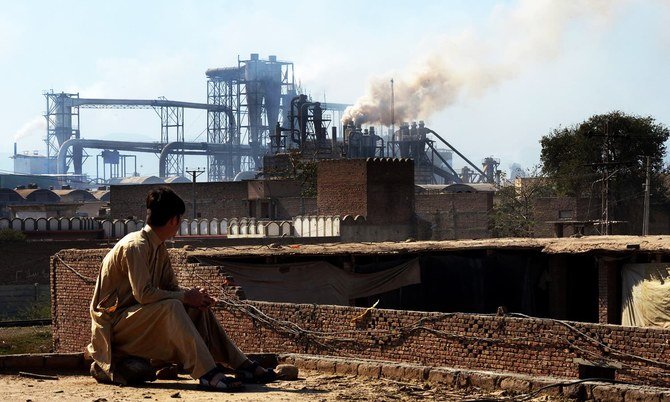Pakistan is set to establish its first carbon market, primarily operating under the cap-and-trade model, according to Bilal Anwar, CEO of NDRMF.

Pakistan is set to establish its first carbon market, primarily operating under the cap-and-trade model, according to Bilal Anwar, CEO of the National Disaster Risk Management Fund (NDRMF).
The NDRMF, a public body dedicated to funding disaster risk reduction in Pakistan, is taking a significant step towards reducing carbon emissions and promoting sustainable practices in the country.
The cap-and-trade system, a market-based policy tool, sets emission limits for companies in regulated sectors. This approach encourages businesses to invest in cleaner alternatives and energy-efficient practices. Anwar emphasized that this model would be the cornerstone of Pakistan’s carbon market policy, offering a feasible and appropriate solution for the nation’s unique circumstances.
The CEO highlighted that key sectors, including power, agriculture, and industries, would be the primary focus of the carbon emissions trading system. Export-oriented industries have already shown voluntary initiatives in this regard. Anwar dismissed the possibility of imposing a carbon levy on fuel importers and downplayed the need for mandatory carbon trading for coal power plants at this stage, emphasizing Pakistan’s low emissions levels.
The move aligns with global efforts to combat climate change, with carbon markets playing a pivotal role in reducing greenhouse gas emissions. The announcement comes as carbon pricing instruments cover over 20% of global greenhouse gas emissions, generating substantial revenue. The EU, for instance, has been a leader in implementing carbon pricing mechanisms.
Anwar addressed the upcoming 2023 United Nations Climate Change Conference (COP28) in Dubai, where he will represent Pakistan. He discussed the establishment of a “loss and damage fund,” a response to rising costs of climate damage faced by vulnerable countries. While the transitional committee has submitted recommendations for the fund’s operational mechanisms, Anwar anticipates that it may take another year or more before the fund becomes fully operational.
At COP28, Pakistan will focus on issues related to adaptation to climate changes, financing adaptation measures, and investment in climate technologies. Anwar also shared plans for setting up Pakistan’s first-ever data center, aimed at providing scientific-based information for climate and disaster risk modeling. This initiative, expected to become operational in January 2024, will empower government agencies with data-driven insights to guide strategic interventions for flood protection and disaster risk reduction.
As Pakistan takes strides towards sustainable development and climate resilience, the introduction of a carbon market reflects the country’s commitment to addressing environmental challenges and contributing to global climate action. The cap-and-trade model is poised to play a pivotal role in shaping Pakistan’s approach to carbon emissions reduction and promoting a greener and more sustainable future.